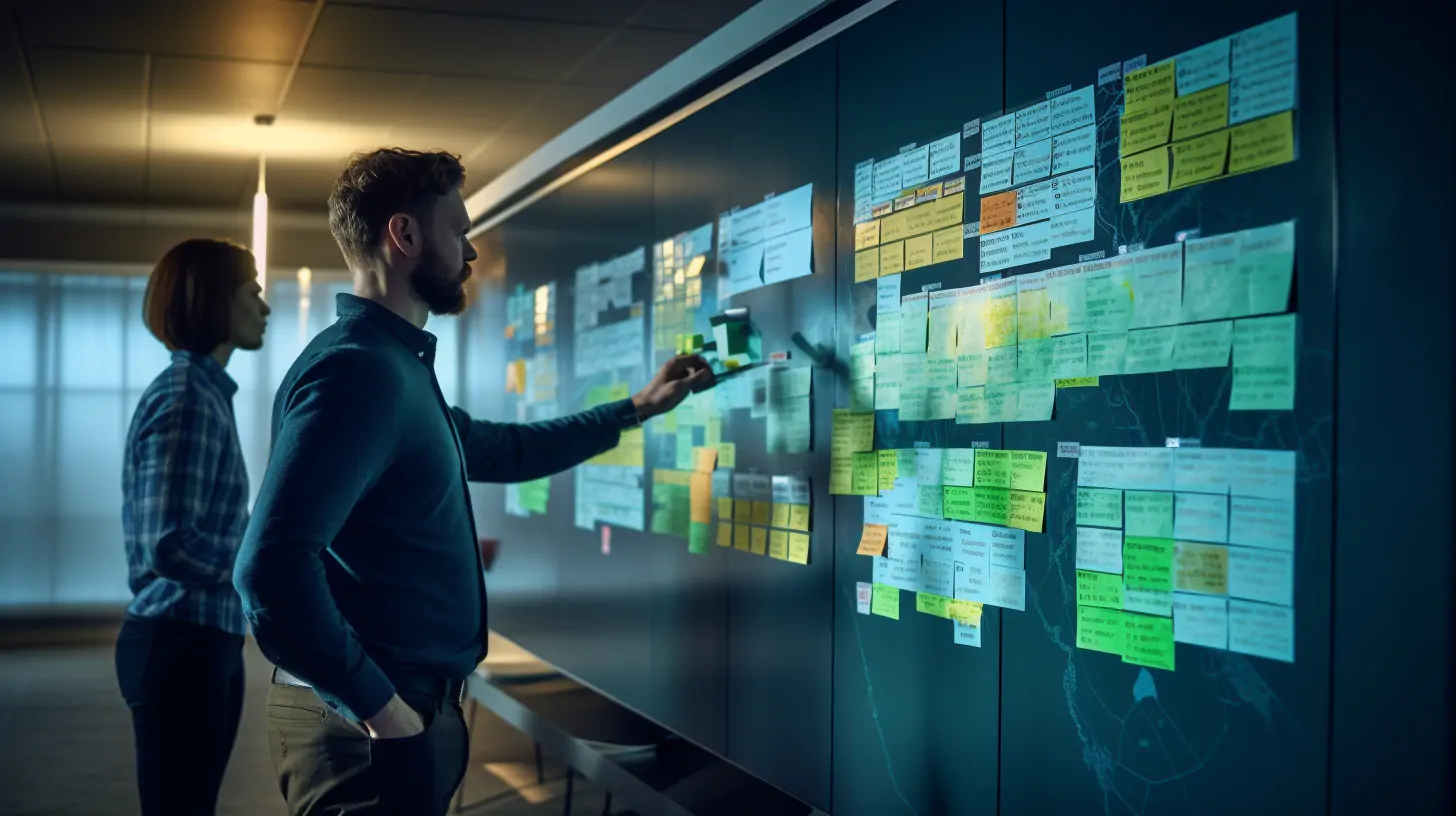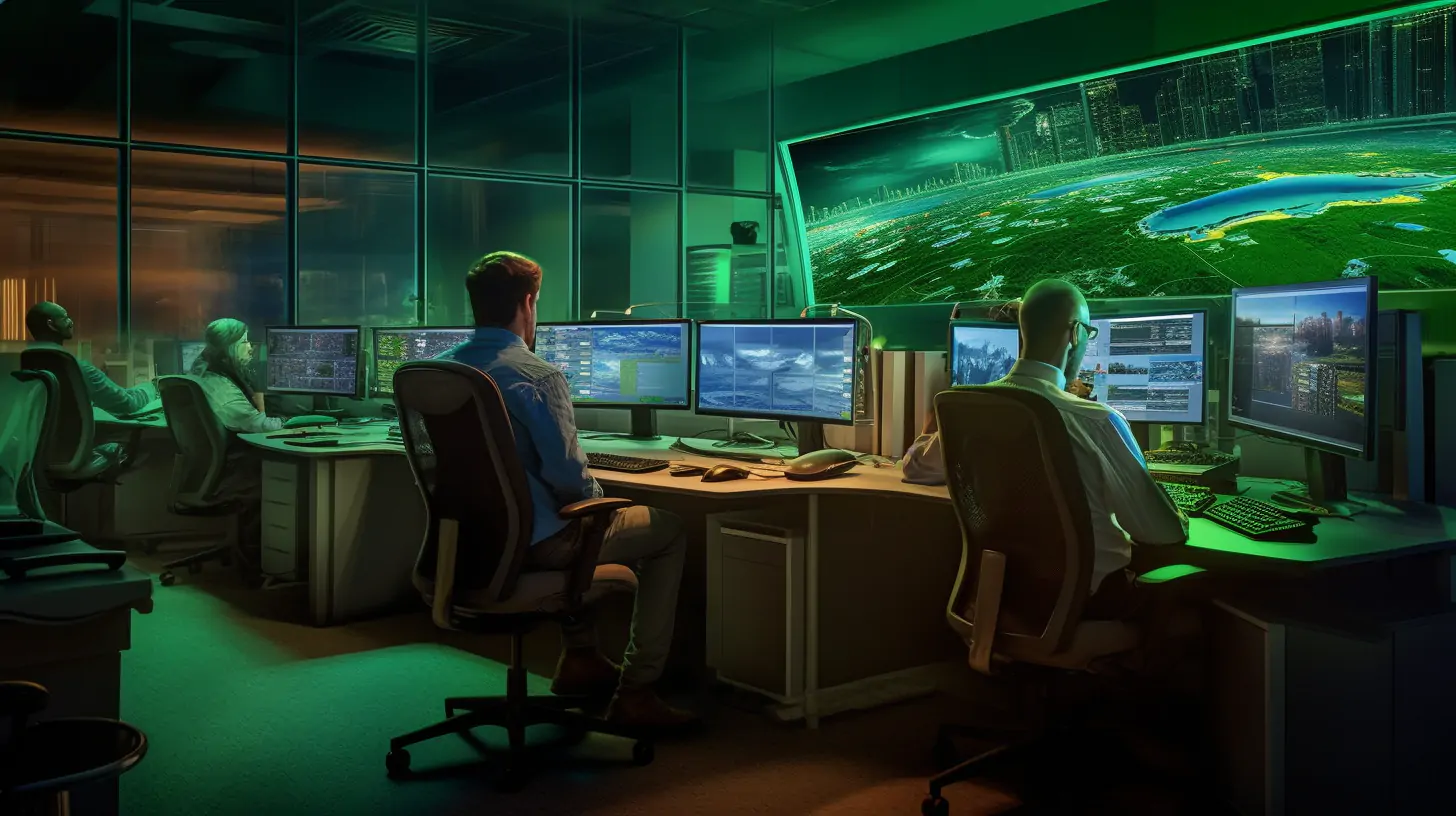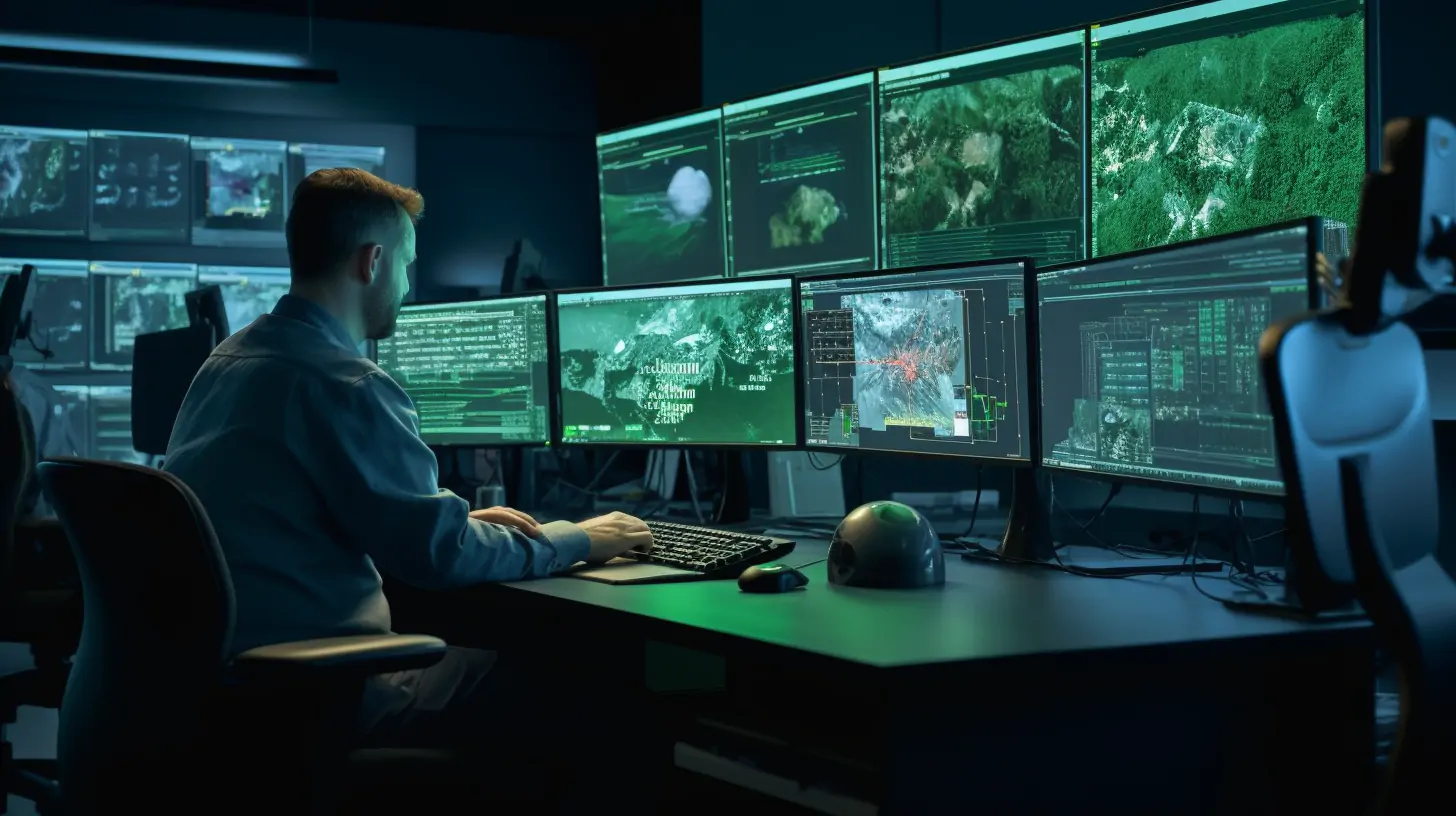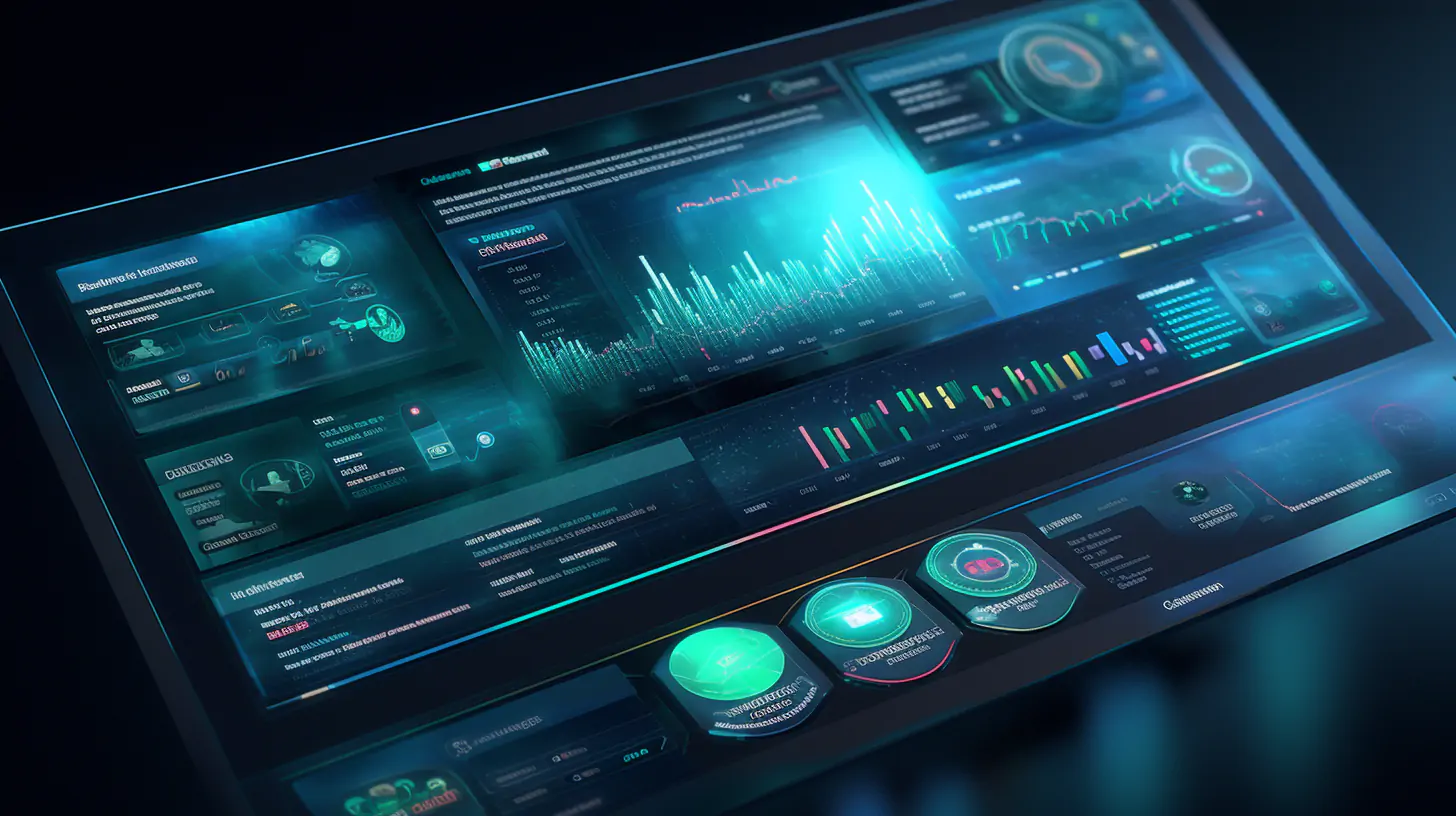Interesting statistics
The concentration of attention and memory is one of the main conditions for successful work with a computer. These components affect not only the "perseverance" when performing various tasks but also the quality of communication with people. Therefore, in people with a loss of concentration, the effectiveness of solving various issues is significantly reduced, and problems with colleagues appear.

Psychologists conventionally divide all causes of attention disturbance into emotional and physiological categories.
The first is connected with the person himself: the wrong way of life, stress, and nutrition. Physiological causes do not objectively depend on the employee and are caused by certain diseases. For example, hormonal disorders or circulatory disorders of the brain due to cervical osteochondrosis. You can solve emotional causes by eliminating the “irritating” factor and changing your lifestyle.
1. Chronic fatigue
Modern busy life does not leave enough time to sleep: many employees try to combine work, part-time jobs, communication with family, household chores, and various events. The wrong organization of time leads to the fact that sometimes 4-5 hours are left for sleep. This is quite enough for some, but rest time should be at least 7-8 hours for most employees.
Studies have shown that chronic sleep deprivation destroys the locus coeruleus neurons. This area is located in the brain stem and is responsible for attention, vigilance, and memory. As a result, the employee at the computer constantly yawns, cannot concentrate on any task, and does not understand well what they want from him.
What to do? A quick solution to the problem can be a short walk in the fresh air (at least 10-15 minutes). Sunlight also contributes to neurons' " awakening " and increases thought processes' efficiency. Sluggish behavior can be caused by a lack of fluid in the body. Therefore, a glass of water (not coffee) will improve the situation. All these methods do not solve the main reason, so you need to plan your schedule to have at least 7-8 hours of sleep left.
2. Extraneous thoughts
A person works most effectively in a calm, balanced state, so any deviation from the "golden mean" leads to attention disorder. For example, emotional uplift and delight lead to the release of adrenaline into the blood. It causes excitement and, even in high concentrations - a state of anxiety. This phenomenon is familiar to everyone when it is challenging to sit still for joy. Sadness has the same distracting effect but with the opposite sign.
What to do? You can’t run away from yourself: the more you try not to think about something, the more persistently this thought “climbs” into your head. Therefore, it will be more effective to use the technique of meditation. First, you need to admit that there is a reason for excitement, and then sit for 10-15 minutes in a quiet, cool room. In this case, you do not need to calm yourself but rather try to focus on the inhalations and exhalations.
This will reduce the adrenaline level in the blood and move from the " participant " position to the " observer " role. If the method does not help, you can sometimes take common 5-minute breaks to write your exciting thoughts in a notebook and “unload” your head.
3. Multiple tasks at the same time
Research has shown that multitasking reduces work efficiency, not increases it. Doing different jobs simultaneously makes it impossible to concentrate on one task. This leads to everything being started, but nothing is completed. As a result, stress levels rise, and a new portion of adrenaline enters the bloodstream, further aggravating the situation.
What to do? The simplest and most obvious solution is to do one thing and do the rest in turn. This is not so easy to do. The brain is already used to jumping from one to another when watching the news or on social networks. Therefore, if possible, you must eliminate all distractions: close unnecessary browser tabs, turn off pop-up notifications, and turn off the phone's sound for a while. If the room is noisy, you can use headphones for a complete "immersion" in work. Every morning it is advisable to make a small list of necessary things in order of priority and follow it throughout the day. You can increase efficiency even more if you divide the work into small comfortable blocks (about 25 minutes each) and take breaks of 5 minutes.
4. Dislike of work or individual tasks
This is the brain's natural response to perceived stress. If a person does not like any tasks he has to complete during the day or is not satisfied with the work, he will look for any opportunity to distract himself. Fortunately, there are always enough reasons: browsing social networks, talking with colleagues, and news.
What to do? The most logical way out is to change jobs or shift unloved tasks to someone else. Unfortunately, this doesn't always work out. The way out will be simple motivational exercises and the answer to why I am doing this. Why do I need it? You can hang motivational slogans or make a visualization of what a person works for a big salary, an apartment, or family support. Willpower is a great resource and should not be underestimated.
5. Mess
Many distractions surround many people who have trouble concentrating. It can be a mess in the workplace: piles of papers, small items, and stationery. Distractions can also be on the computer: a desktop cluttered with shortcuts and old documents, randomly open browsers, and tabs.
What to do? You don't have to spend much time cleaning things up every day. It is enough to purchase several organizers, document trays, folders, and glass for stationery. It’s easier to put things in order if, after the end of the project, you quickly sort out the working materials: put those that may be useful in one folder and sign and immediately delete those that are unnecessary into the trash. The order on the table and the computer disciplines increase the efficiency of various tasks.




